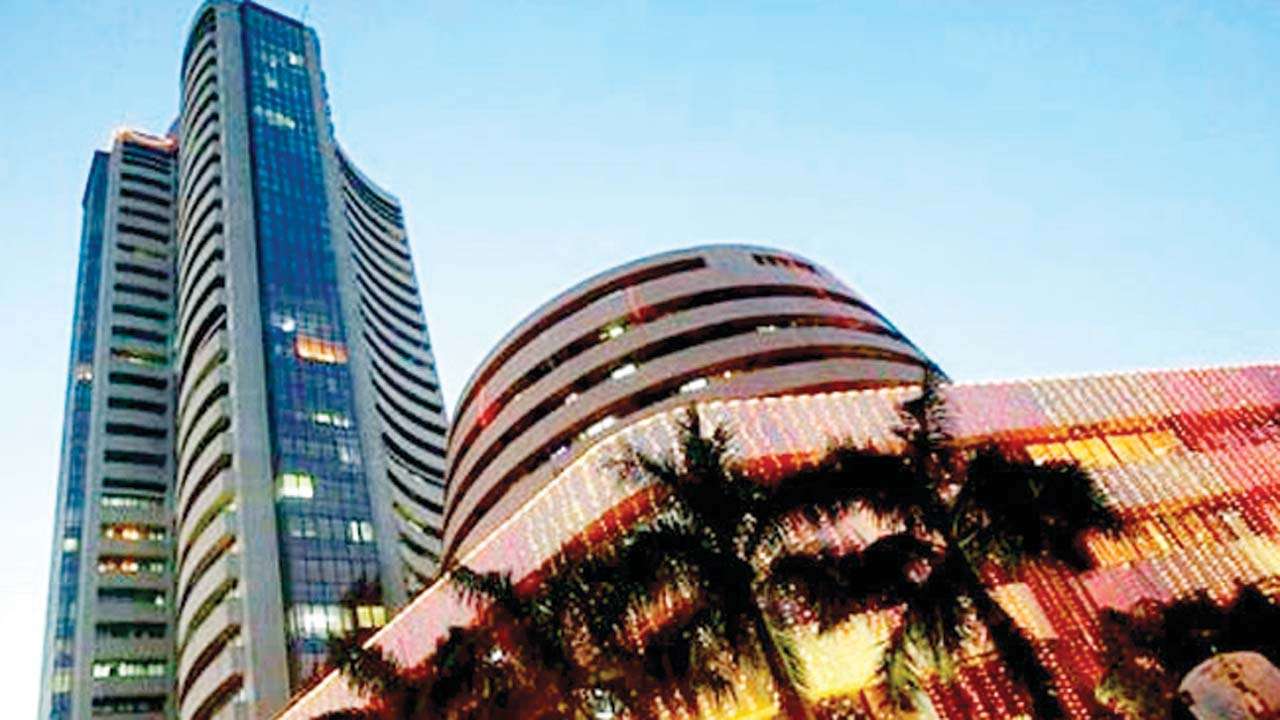
2018 will be a challenging year for the Indian economy for several reasons.
Firstly, the upcoming 2019 elections will force the government to outdo other political parties in handing out populist freebies. A socialist approach may help in elections but will gravely hurt the economy.
Secondly, a banking crisis is gathering steam and investment capital will likely become scarce. A vicious cycle of bad loans and reduced credit availability could have severe consequences for India’s economic growth. The government has discussed two options — bail-ins and bail-outs. Both choices are bad. The only feasible option is to privatise all financial institutions and force market-based disciplines on their activities.
Thirdly, PM Modi’s false belief that he can somehow engineer and fix the economy could lead to collateral damage — evidence demonetisation. The economy is a complex, dynamic and fast-evolving ecosystem with millions of stakeholders, each with their unique set of needs. It is best developed spontaneously in a free market unencumbered by the state.
Fourthly, an improving global economy will put upward pressure on oil prices which will adversely affect the Indian economy.
PM Modi’s legacy so far is unremarkable at best. If he wishes to be a transformational leader he needs a principled approach that focuses on the big picture of strengthening the institutions that support economic growth.
First and foremost, he must reduce the size of the government machinery. Big Government is the source of many of India’s problems. Poverty, corruption, black money, fraud and abuse, environmental neglect, red tape are all the result of a large and intrusive government that attempts to do too much, but ends up doing nothing well. PM Modi promised “minimum government” in 2014. It is time he did something about it. He can author a constitutional amendment to limit the number of ministries to no more than 20 (from the current 53). This will greatly reduce the regulatory burden that throttles business growth.
Secondly, India urgently needs a more straightforward and capital-friendly tax policy. In a recent World Bank ranking on the ease of paying taxes, India ranks at the very bottom — 172 among 190 countries. India also has the lowest tax compliance rate among major economies. There is a direct correlation between the simplicity of tax policy and compliance that our policymakers ignore. The best way to improve compliance and increase tax revenues is by simplifying the tax code and reducing tax rates. I have advocated replacing all existing direct and indirect taxes including income tax, corporate tax, and capital gains tax with a simple consumption-based tax. This will invigorate investment in capacity building, generate employment, and increase wages and consumption. A consumption tax is similar to the GST, so it can be implemented immediately and painlessly since the logistics are already in place.
Thirdly, the government must announce a massive investment in human capital. Modernising India’s educational system and enhancing worker skills and productivity should be done on a war footing. Without the requisite skills, the country’s demographic dividend could become a social nightmare.
Fourthly, PM Modi should order an immediate overhaul of India’s capital markets. Capital markets route capital from households to the industry, but the Indian stock market is primarily a trading market, and very little money is channelled into funding Indian industry.
2018 will be a testing year for PM Modi.
The author is the founder, contractwithindia.com. Views expressed are personal